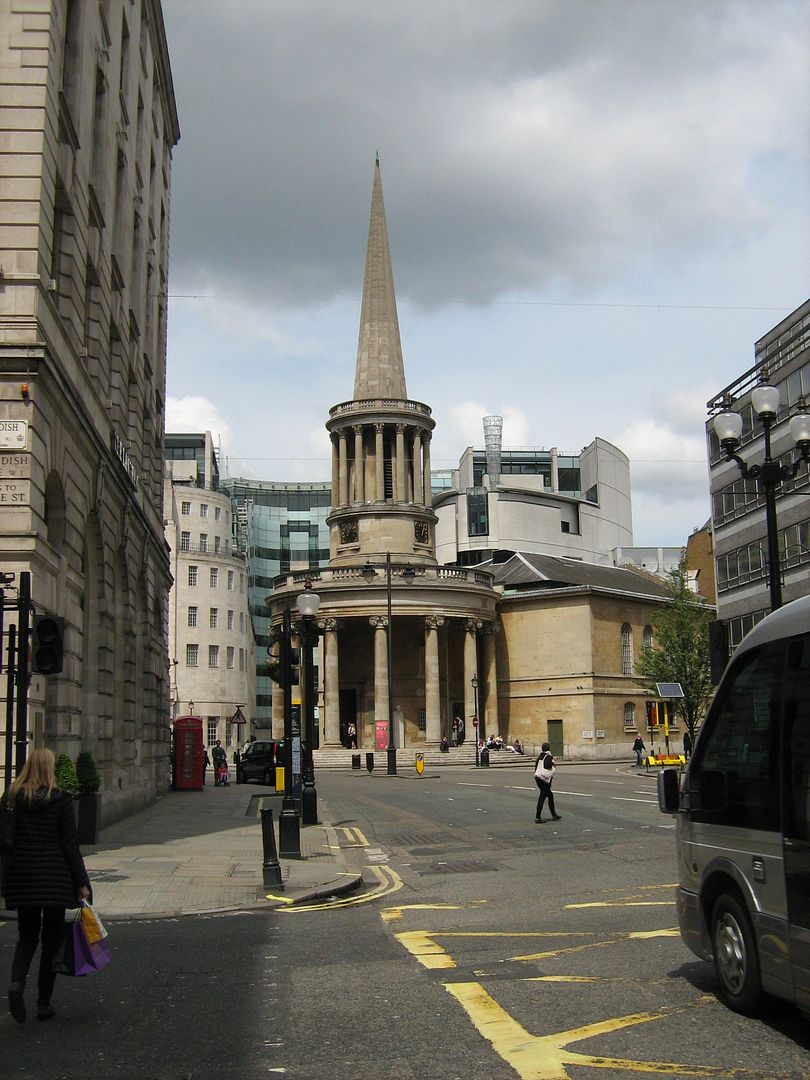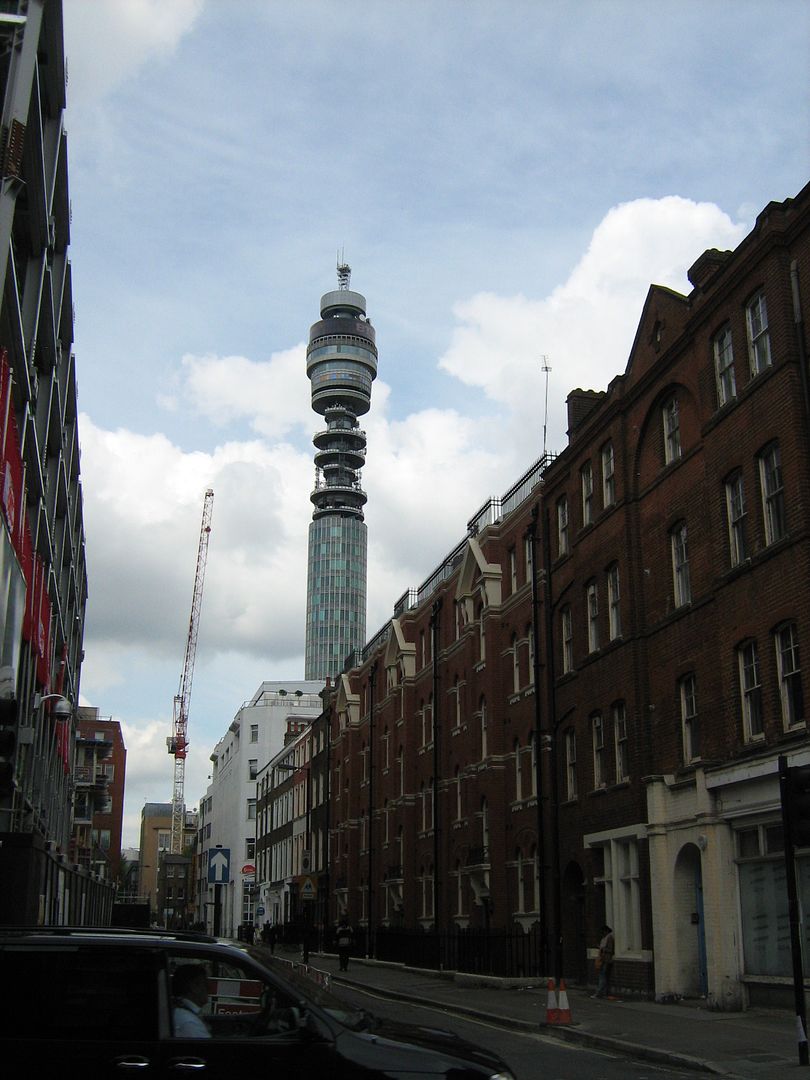Leo Hollis
Architecture, history
"A good building must do two things; firstly it must shelter us, secondly it must speak to us." - attributed to John Ruskin
Every building encodes many messages: what its builders thought was important, what their economic concerns were, what the city around them was like, who they wanted to impress, what social problems were most pressing ... Different people and different ages have had different answers, but they've all had the same questions. And the answers have to be embodied in a way that navigates the constraints of time, physical location, materials, and (of course) money.

John Nash's All Souls Church, Langham Place, London
BT Tower, London
Stones of London takes twelve buildings—ranging from the world-famous to the quotidian—and uses them to snapshot how these questions have been addressed over history, within the same city-space. It would be an especially enlightening book for anyone planning a trip to London: rather than presenting a "horizontal" survey of the city in space, it's a "vertical" explanation of the city in time. It's a very enjoyable read in general, although it will make more sense if you have some level of interest in or knowledge of the city. My only minor criticism is that I wouldn't have minded a higher level of architectural/engineering detail (which was my reaction to Hollis's previous book as well).
If this stuff interests you, and if you do visit London, visit Sir John Soane's house--be sure to take the guided tour.

No comments:
Post a Comment